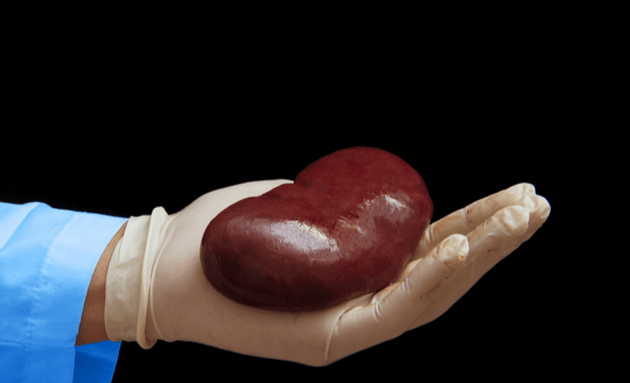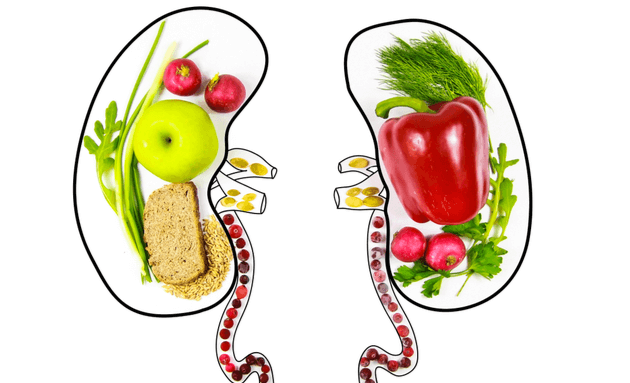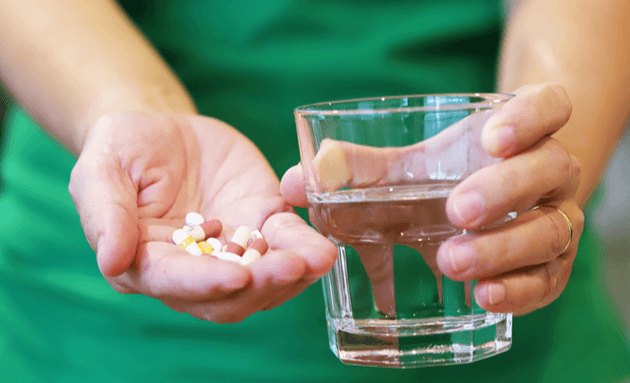How To Live Healthy After A Kidney Transplant

Kidney Transplantation in India has come a long way in the last five decades, since the first successful transplant in 1971. There continues to be a mismatch in the number of donors versus number of transplants required, due to our population size. However, surgical complications of kidney transplants have been largely overcome. In fact there is a visible shift towards using laparoscopic surgery, reducing the post-operative risks.
But the time after surgery is equally critical to ensure the transplant is a success. Before going for a transplant, you should know what life will be after the transplant.
Who Gets a Kidney Transplant?
Our kidneys filter around 170 litres of blood every day and keep our body free of waste. If someone is suffering from Chronic Kidney Disease (CKD), it will lead to fluid and waste build up, resulting in problems such as high blood pressure and kidney failure.
Someone suffering from kidney damage can either get a kidney transplant or be on dialysis (a treatment where blood gets filtered by either a machine or a special tube). Most doctors prefer a kidney transplant over dialysis simply because people who get a transplant live longer.
Life After Kidney Transplant
For most people suffering from CKD, a transplant is getting another chance at life. From thereon, it is upon the patient to make sure the best of this second chance.
Here is a list of things to be strict about after a kidney transplant:

1. Healthy Diet And Regular Exercise
A kidney transplant surgery will require you to eat foods that are low in salt and fat, to keep your blood pressure in check. If you have diabetes, you will need to monitor your sugar levels as well. Your dietician will share a new diet plan for you post your kidney surgery.
As for physical activity, you may be advised a new exercise routine after recovering from surgery. This will help improve your heart and lung health, your mood, and prevent weight gain.
2. Immunosuppressants
A possible risk after a kidney transplant surgery is rejection. If your body’s immune system is not reactive with the new kidney, it will fight it. To suppress this reaction, you will be given immunosuppressants (or anti-rejection medicines) that will help weaken your immune system. This is done to increase chances of new kidney's acceptance
The immunosuppressants need to be taken very diligently - you cannot miss a single dose. Also important to know is that while these drugs are vital and helping your kidney, they are also weakening your immune system. This increases your risk of infections. They also have an impact on your mental health
3. Ensure Positive Mental Health

Going through a kidney transplant surgery is a major life change, and may go through emotional upheaval afterwards. If you are going through feelings of depression, anxiety or guilt, make sure you talk to your family and friends about it. Immunosuppressants are also known to trigger certain emotional changes. If you have been on dialysis, you may experience guilt for leaving other patients behind.
Let your transplant team know about the changes you’re going through. You should not let these feelings fester but and seek help as soon as possible.
4. Lifestyle Changes
A kidney surgery is a major physical change. The first thing you have to understand is that you will not immediately go back to your life before. The surgical part of transplant might heal in a few weeks but your body needs a much longer time. You will need to be prepared to make these shifts in your lifestyle.
- Work Life: You will be advised to rest for up to 6 weeks after your surgery.
- Travelling: It is advisable to not take any major trips for at least 3 months after your surgery.
- Driving: You can resume driving a month after surgery, as advised by your doctor. Even then, some medicines might give you tremors and vision changes. It is advisable to have someone with you while driving
- Physical Exertion: No heavy lifting, no sex for a few weeks; avoid stress and you have to make sure you are not around anyone who is unwell, even if it is a mild flu.
5. Keeping Your New Kidney Healthy

Focus on getting your new kidney working well. Follow some guidelines and make them a part of your schedule:
- Do not miss y medicines - take them exactly as advised by the doctor
- Monitor any signs of infections and avoid situations or people here it is possible to get an infection
- Stay hydrated at all times
- Follow a strict diet
- Start exercising after your doctor has permitted
- Avoid exposure to sun






